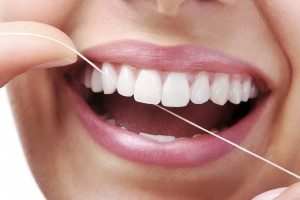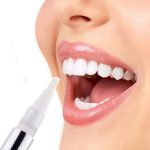To Floss or Not to Floss…
In August of 2016, the New York Times posted an article of whether flossing your teeth actually makes a difference in your oral hygiene. Dr. Denise Malcomson strongly believes that daily flossing prevents many things such as; mal odor, food particles lodging between teeth, bacteria that ultimately could cause gum disease and tooth decay. A toothbrush and rinsing will not remove everything, so flossing should be an important step of your daily, oral hygiene. Here's what another dentist said, "Wayne Aldredge, President of the Periodontists' group, acknowledged the weak scientific evidence and the brief duration of many studies. In an interview at his private practice in New Jersey, he said that the impact of floss might be clearer if researchers...





